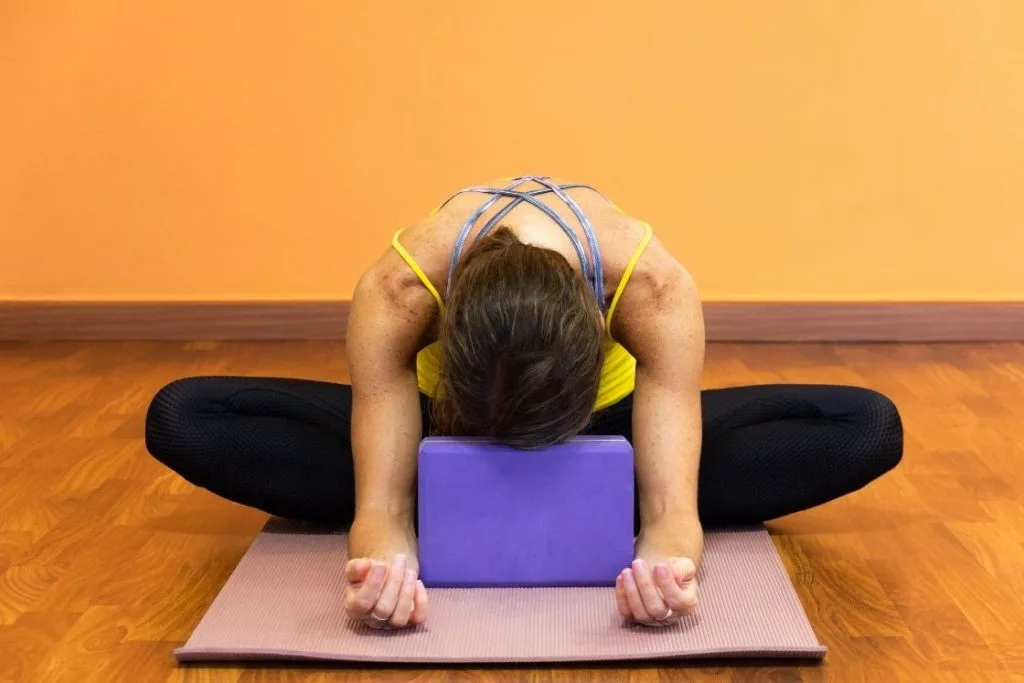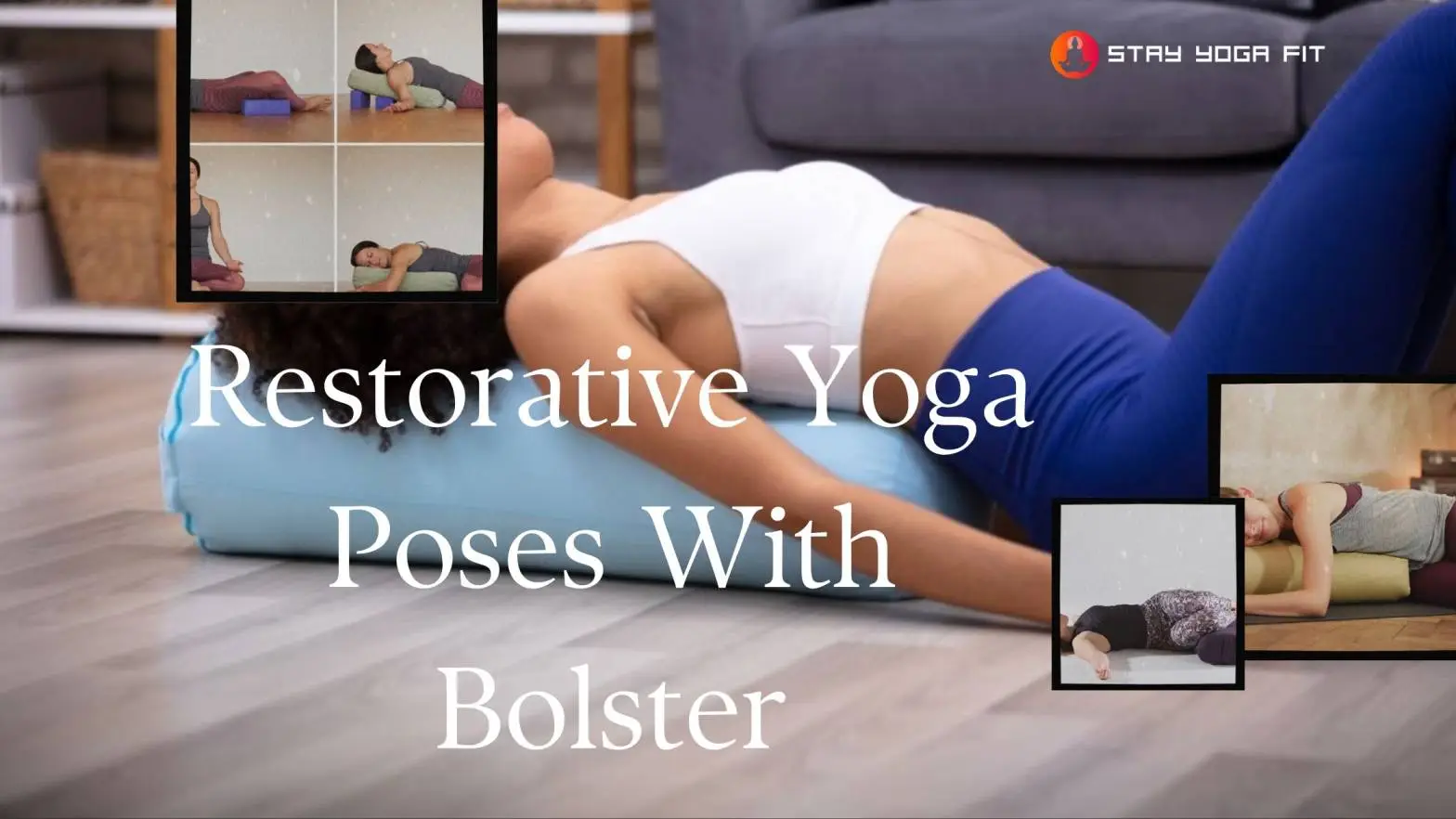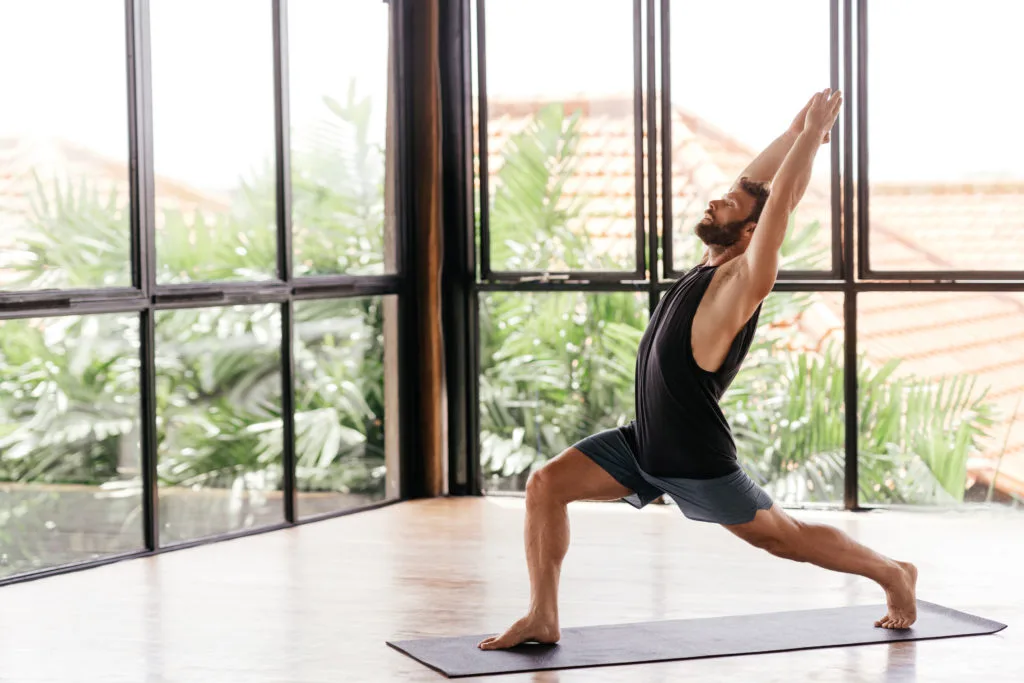Start a Creative Hobby Plus 7 Other Ways to Boost Your Mental Health
One thing that impacts every single aspect of our lives is our mental health. It is invaluable and in today’s world more important than ever to protect.
It is therefore oh-so-important to find ways to cultivate peace of mind and boost our mental health every single day.
But first, how is “mental health” defined? According to mentalhealth.gov, it “includes our emotional, psychological, and social well-being.”
Mental health “affects how we think, feel, and act. It also helps determine how we handle stress, relate to others, and make choices.”
Mental health affects how we think, feel, and act. It also helps determine how we handle stress, relate to others, and make choices
Many of us have felt trapped by worry at some point in our lives, obsessing about the “what-ifs” and stressing about the future. Now more than ever, peace of mind can feel out of reach.
When we go down this downward spiral, we feel powerless and paralyzed by fear. At the core of this fear is the feeling that we have lost control. In these moments, we lose sight of the fact that we can’t control the future. The only thing we have control over is the present.
The good news is that there are various tools that can help bring us the peace of mind needed to remain present, calm, and grounded. It’s all about boosting our mental health.
Try These 8 Techniques to Boost Your Mental Health:
1. Find a Creative Hobby
Tapping into our creativity is one of the most powerful ways to connect to the present – and the present moment is where true peace and contentment reside.
Follow These 5 Steps to Be More Present In Your Daily Life
Research shows that painting, making music, sewing and other creative hobbies have numerous mental health benefits. These include reduced anxiety, improved mood, and increased happiness.
Thus, having a creative hobby to look forward to is a simple way to boost your mental health.
2. Volunteer to Help Others
By putting your attention on someone else’s needs, you will become less preoccupied with your own problems. Helping someone will replace the sense of powerlessness with a sense of fulfillment, which can lead to great peace of mind.
For example, you can volunteer your time through community service or participate in a charity. Start making a conscious effort to be kind. It can even be something as simple as calling a friend who is going through a hard time.
There’s a reason why they call it the helper’s high. Selfless service is a win-win – you’re giving back and also experiencing peace of mind as a result.
3. Explore Mindfulness Meditation
While meditation offers a wide variety of benefits, it’s most well-known for its ability to boost mental health.
Here Are 6 Key Benefits of Meditation, Backed By Science
Along with keeping stress at bay, mindfulness meditation reduces anxiety and lowers depression.
Read: Your Mindfulness Meditation Guide and How To Start A Daily Practice
4. Take Care of Your Body
Often, when we’re not feeling great mentally, we don’t take care of ourselves physically. When we’re stressed, we reach for the junk food. When our anxiety is through the roof, we may be tempted to pour a glass of wine or two . . .
It’s harder to be motivated to exercise regularly when we feel depressed. If we’re living in fear, we care less about feeling good because we’re so focused on the negative emotions.
These times are when it is most crucial to nurture and nourish our mental health. A great way to boost mental health? Take care of your body! Eat a nutritious breakfast.
Looking for the perfect healthy breakfast recipe to try? Try This Savory Sweet Potato Breakfast Bowl With Turmeric Granola (Recipe)
Schedule time every day to move your body, whether it’s taking your dog for a walk, going for a jog, or doing yoga – find something you enjoy and get moving!
Practice With Us on YA Classes by YogiApproved!
With hundreds of online yoga, meditation, and fitness classes and new classes added every week, there’s something for everyone and every level!
Taking care of your body also means making healthy choices of what not to do. Avoid excess caffeine and sugar. And while some people self-medicate with junk food, drugs, tobacco, or alcohol, these things can actually increase mental health issues so it’s important to steer clear of them entirely.
Does Caffeine and Alcohol Make Your Anxiety Worse? Here’s What the Studies Show
Finally, taking care of your mental health includes getting adequate sleep every night. Feeling well-rested is a simple but powerful way to boost your mental health and maintain a calm state of mind.
Choose to boost your mental health by eating clean, exercising regularly, and treating your body like the temple it is. Because while your body is a temple, it is also inextricably linked to your emotional and mental health too.
5. Know How to Cope
Another key tool in mental health is developing coping skills. As we discussed in the previous point, many people tend to self-medicate (or cope in unhealthy ways) with junk food, drugs or alcohol.
Here Are 4 Ways to Self-Soothe Without Self-Sabotage
Instead, find positive, healthy coping skills. Whether that’s journaling or writing, getting out in nature, performing acts of self-care (like taking a bath, getting a massage or taking a break from social media), or spending time with animals, find what works for you and do it often!
Here Are 6 Essential Self-Care Practices That Will Help Reduce Your Anxiety
6. Practice Gratitude
Gratitude helps people see the good in their lives.
“In the process, people usually recognize that the source of that goodness lies at least partially outside themselves,” according to Harvard Health.
“As a result, gratitude also helps people connect to something larger than themselves as individuals – whether to other people, nature, or a higher power.”
There’s no time like the present to practice an attitude of gratitude!
Read: The Life Altering Importance of Practicing Radical Gratitude
7. Let Go of Perfectionism
To all the perfectionists out there reading this, you are your own worst enemy when it comes to maintaining a peace of mind and optimal mental health.
Studies show that people who worry often are more likely to be perfectionists. It’s true!
Think about it: perfectionists are overly preoccupied with making mistakes, focusing on what they can’t control and taking too much ownership of what goes wrong in their lives. Sounds like a recipe for misery.
Instead, flip the script and focus on what you can control. Mainly, your thoughts! Once you are aware of the thought patterns that are detrimental to your mental health, you have the power to change them.
Read: 17 Ways to Boost Positive Self-Talk When You Feel Down and Full of Self-Judgment
8. Do Not Be Afraid to Ask for Help
Sometimes, we simply need a little extra help, and there is nothing wrong with that. In fact, it is so important to know that you are not alone, that you are supported and have resources available to you, and finally – to act on this knowledge when you need help.
Whether you need support in the form of a trusted loved one to confide in and talk to, or if it’s time to seek out a professional, assess where you are at and what you need.
While there are many resources available to you both locally and nationally, a good place to start is the National Institute of Mental Health. This website offers a list of resources and information for you or someone you know who may need it.
Achieve Peace of Mind and Boost Your Mental Health With These Proven Techniques!
Remember, nothing is permanent. Oftentimes, when we go down a worry spiral, we lose sight of the fact that this negative emotion is temporary. It is in these moments that we need to revisit this list of ways to boost our mental health.
According to mentalhealth.gov, good mental health allows us to realize our full potential, cope with life’s inevitable stresses, be productive, and contribute to our communities.
Take care of your mental health. It will help you show up as your best, most healthy and happy self. And find peace of mind knowing that when you’re at your best, you can give your best to yourself, your loved ones, and the world.
All included information is not intended to treat or diagnose. For medical questions, please consult your healthcare provider.






